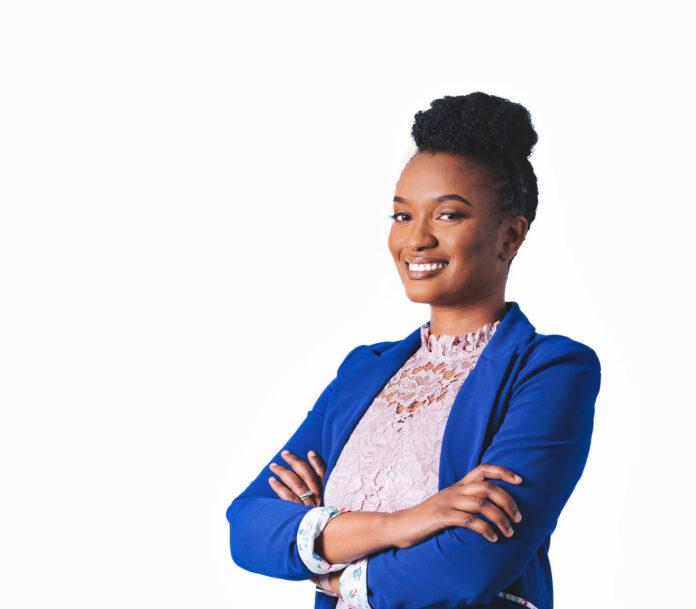By Carlena Knight
Head of the Pediatric Unit at the Sir Lester Bird Medical Centre (SLBMC), Dr Shivon Belle-Jarvis, is encouraging parents to ensure that their children get routine check-ups as this is one of the best ways to detect the early stages of various childhood cancers.
Dr Belle-Jarvis says the practice of parents only carrying their children to the doctor when they are sick is not a good one, a culture that needs to be erased.
“We have a challenge here in Antigua and Barbuda where sometimes we only see our children when they are either coming in for vaccination, or when they are ill. This culture needs to change. We need to see our children when they are well so that in the early days, we can detect something that is concerning,” Dr Belle-Jarvis said.
The top health official was speaking on state media early yesterday in recognition of childhood cancer awareness month, this month.
Cancer is a leading cause of death for children and adolescents.
The most common types of childhood cancers include leukemias, brain cancers, lymphomas and solid tumours, such as neuroblastoma and Wilms tumours.
Dr Belle-Jarvis did share a few signs that parents can look for.
She says once these red flags are observed then parents should seek medical help.
“If your child is having an unexplained fever for more than seven days, red flag. If your child is having sweating at nights, night sweats where the bed is drenched, red flag. Weight loss that you cannot explain, red flag. Unusual lumps and bumps, they don’t have a cut anywhere but they have swelling under the armpits in the groin to the neck, red flag.
“If they bruise easily, they barely rub against the table and have a big bruise on their arm, red flag. Any of these are really concerning,” she explained.
There are very chilling statistics concerning childhood cancer as each year, according to the World Health Organisation (WHO), an estimated 400,000 children and adolescents of 0-19 years old develop cancer.
Here in Antigua and Barbuda, the correct figures cannot be determined, according to Belle-Jarvis, as there is no registry in place.
This registry, she says, is a dire need for the twin-island nation so that we can improve upon the quality of care, and to inform policy decisions.
In recognition of childhood cancer awareness month, Dr Belle-Jarvis has called on the general public to wear gold on Friday to support families here in Antigua and Barbuda who have children battling cancer.

